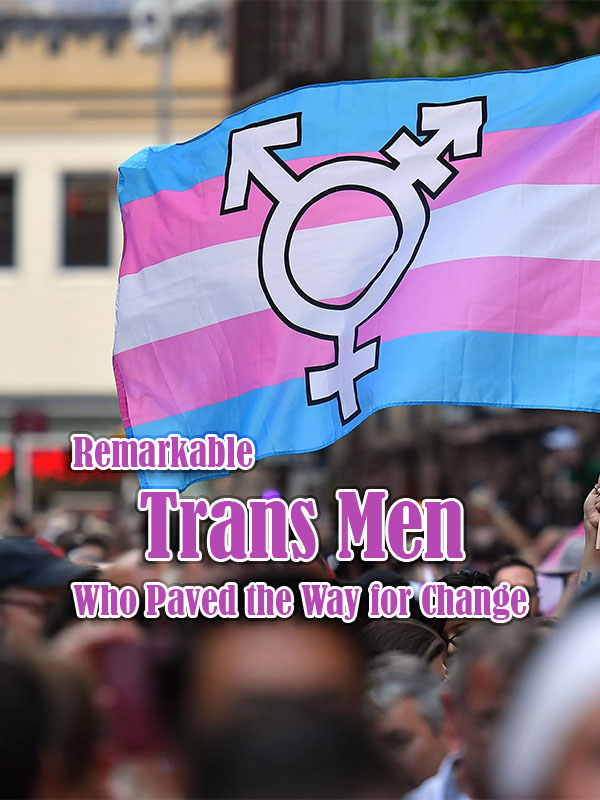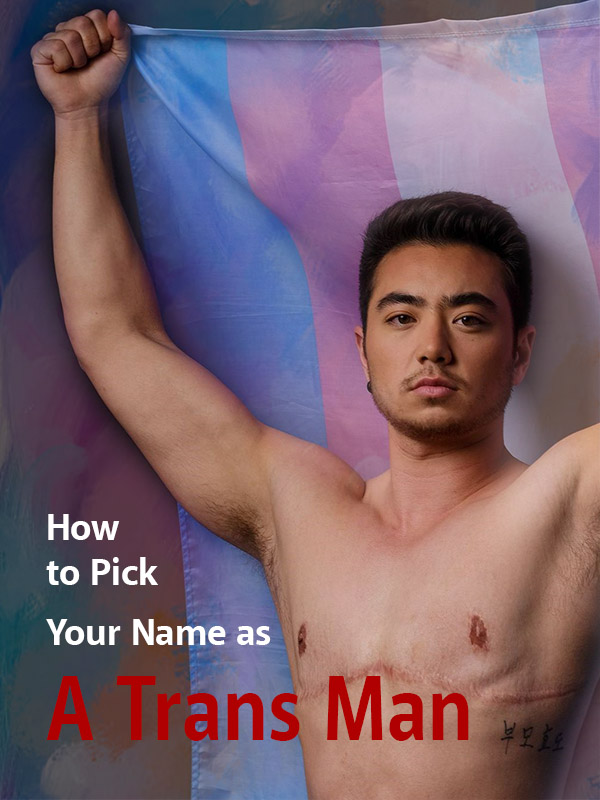What is it Like to Be a Trans Man? Dysphoria, Transition and Social Acceptance
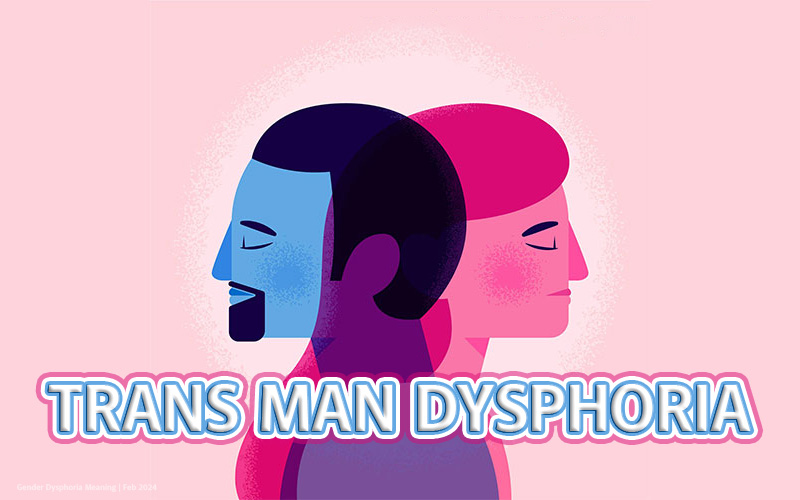
Have you ever wondered what it is like to be a Trans Man? It is not all rainbows and sunshine. Gender dysphoria and Transition can come with a complex storm. Any Trans man who has navigated these waters can attest.
So, if Elliot Page, a Trans male actor and activist, experienced ‘shame and discomfort’ and channeled it to being his authentic self, then you can too. As you transition into your masculine being, societal and personal pressures will abound. You may hate your body, and so will the people around you. But as you develop into your manhood, the only thing that will matter is your gender euphoria, which you can achieve through self-acceptance, support and transition.
Dive into this read to understand the workings of being a Trans man. While not a mere walk in the park dealing with gender dysphoria and transitioning, it is most definitely worth being a Trans man.
Early Gender Dysphoria
Early gender Dysphoria can manifest as gender Dysphoria.
1. What is Gender Dysphoria
When one is assigned a female at birth based on anatomical structure, one’s internal knowledge and compass of the self identifies as male. Then one is likely to suffer from gender dysphoria. The opposite is gender euphoria, where one feels content with the gender assigned to them and the one they own.
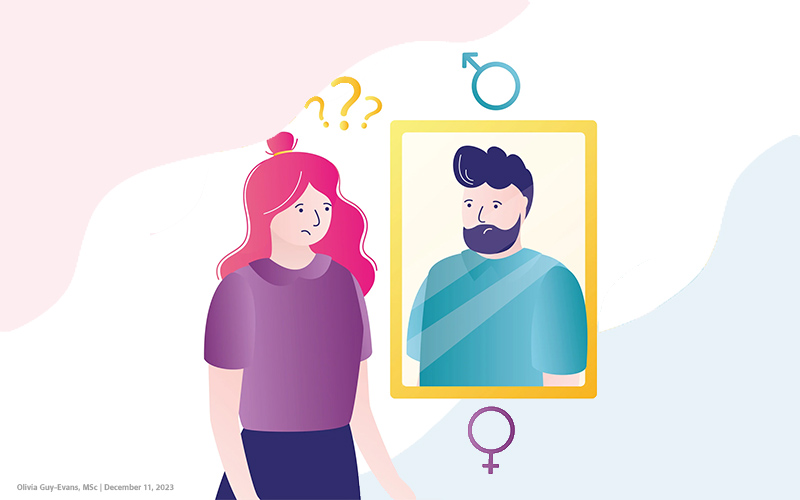
Gender dysphoria can be devastating and can manifest in dissatisfaction with the gender assigned. Early signs include dissatisfaction with one’s assigned gender, clothing choices, and gender norms.
2. Impact of Childhood Dysphoria
The impact of childhood dysphoria include;
● Emotional stress and anxiety
Can you imagine the feeling of a child wanting to dress as male but the caregiver only hands the child feminine clothing? Well, this angst can manifest as emotional stress and anxiety. The child may have a problem being part of the playgroup with another child.
● Alienation from family at a young age
Most trans men state that some family members would yell so you grow out their hair. This can lead to you feeling misunderstood and alienating yourself from your family.

● Self-criticism
Trans men report being self-critical at a young age for being Trans. Some state this manifests hate the self as one sleeps.
One hates eating, thinking it affects how one looks. In other words, childhood dysphoria can cause feelings of worthlessness for being Trans.
● Life dissatisfaction
A Trans man, you are likely to feel a sense of dissatisfaction in life. If you cannot transition in peace without judgment and ridicule, in some cases, some Trans men feel unfulfilled in life.
3. Puberty and Intensification of Dysphoria
One mistake people make is to claim, ‘Oh, you will get over it as you get older.’ Or ‘Oh, everyone grows into loving the body.’

Well, according to science, this is not only an incorrect assumption but one that is meant to doom Trans men into the rabbit hole of emotional and psychological pain.
Studies show that during puberty, Trans men’s feelings of body disaffection increase, especially with puberty.
Transition Experience: A Path to Self-Identity
Your path to self-identity as a Trans man will entail various procedures and resources.
1. Types of Transition
Social Transition entails affirming your gender needs according to how you want the world to understand your inner struggles.
In this case, you may change your pronoun; hair and clothing are usually the first steps. Other social transition steps include coming out to your family, friends, and peers.
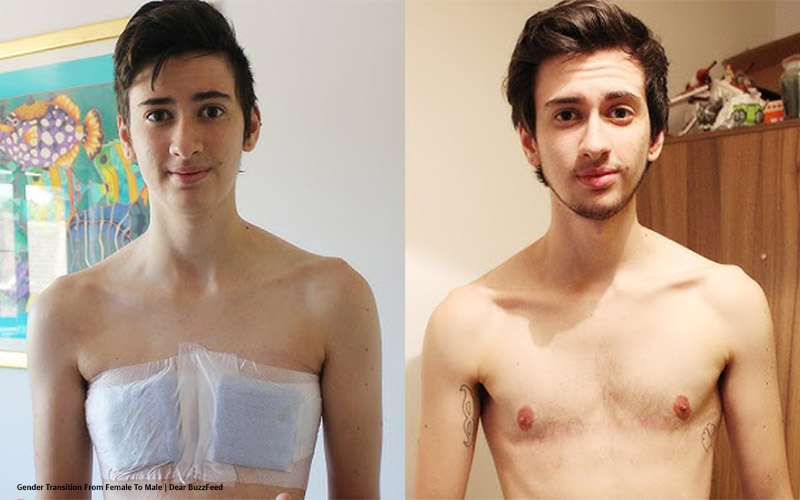
Medical transition entails transitioning under the guidance of a supervised, trained healthcare professional. Doctors will prescribe puberty blockers and hormones to Trans youth.
Surgery is only available after a certified age limit and varies from state to state.
These medical transitions are always in alignment with the WPATH standards of the American Medical Association guidelines for Transgender healthcare.
HRT will lead to masculinizing your body. You will look and feel like a man.
Legal Transition entails updating your identity documents through a legal process. This entails changing your name legally or changing a gender marker.
You will change the gender markers on birth certificates, social security cards, driver’s licenses, and passport documents. Others include changing school documents to reflect your new name and gender identity.
2. Joy of Transitioning (relief and self-alignment)
A sense of relief is one of the common joyous feelings of transitioning. For instance, becoming part of male friendships can be exciting.
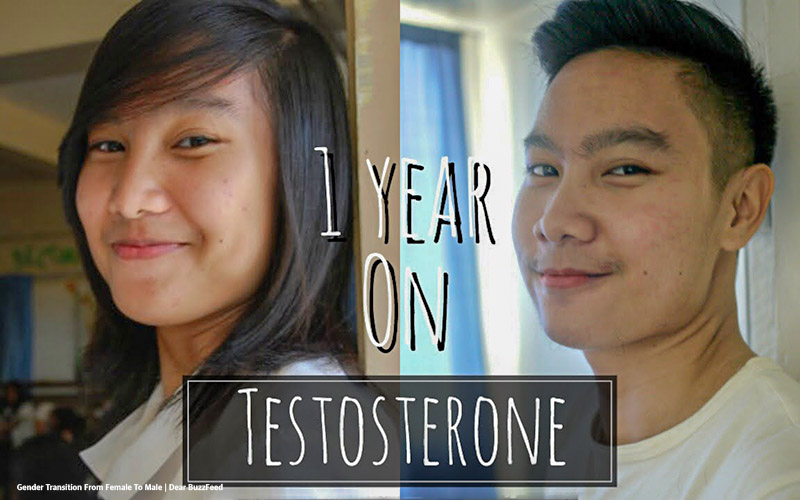
As a Trans man, you are likely to feel fully aligned in your masculinity after transitioning. The joy when others compliment your outfit or body can be unmatched by some.
3. Geographic and Cultural Barriers
There are specific geographic and cultural barriers that may affect your Transition process.
State policies regarding Trans people and Transitioning can be a challenge. For instance, some states do have Conservative Perceptions.

For example, nearly 20 states have passed bills that block minors from accessing gender-affirming care.
Stereotypes such as Trans men are not real men can affect the quality of Transition. Other biases include about Trans men being weak men. This can lead to barriers to accessing gender-affirming surgery and transitions.
4. Medical Transition Challenges
These include errors in genital reconstruction. In phalloplasty, your neophallus tissue can die, leading to necrosis. Also, Trans women are more likely to receive medical interventions compared to Trans men.
Family and Social Acceptance
Family support and Rejection are everyday events for many Trans men. While others may receive full support from their family, friends and peers, social rejection is common.

1. The Emotional Impact of Rejection
The emotional impact of rejection includes Isolation and loneliness. You may feel alienated from friends and family. Such networks do not grasp the full extent of who you are as a Trans man.
2. Struggles with Extended Social Circles
Hesitation for connection as your social circle may struggle with coming to terms with your transition. Your parents and friends may find it hard to accept your new identity.
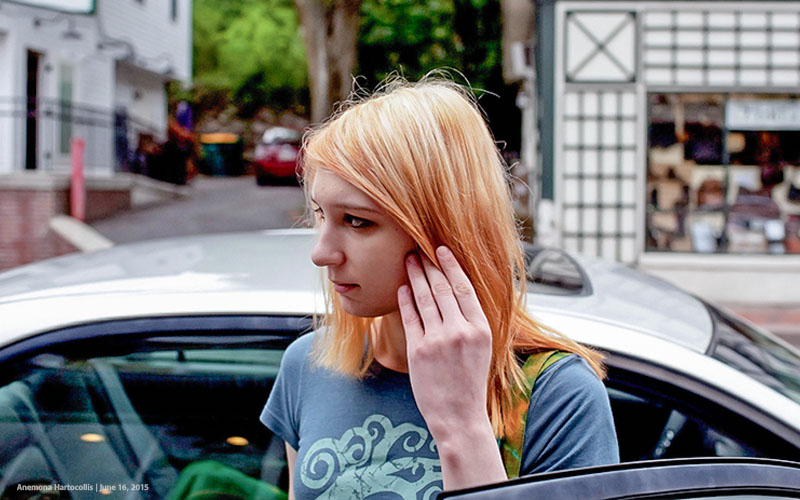
Rejection as some may feel you have made a wrong decision. Some may dead call you downplaying your effort to be seen as who you are.
Lack of empathy as some friends and family members may refuse to validate your experiences as a Transman.
3. Support Networks
Support networks such as friends who accept you for who you are can be vital in helping you stay connected. Other LGBTQ groups can offer guidance and education to help you navigate social settings.
Challenges with Dysphoria and Medical Access
These include the following;
1. Persistence of Dysphoria After Transition
For some, gender dysphoria may persist even after Transitioning. HRT and Talk therapy may help with gender dysphoria.
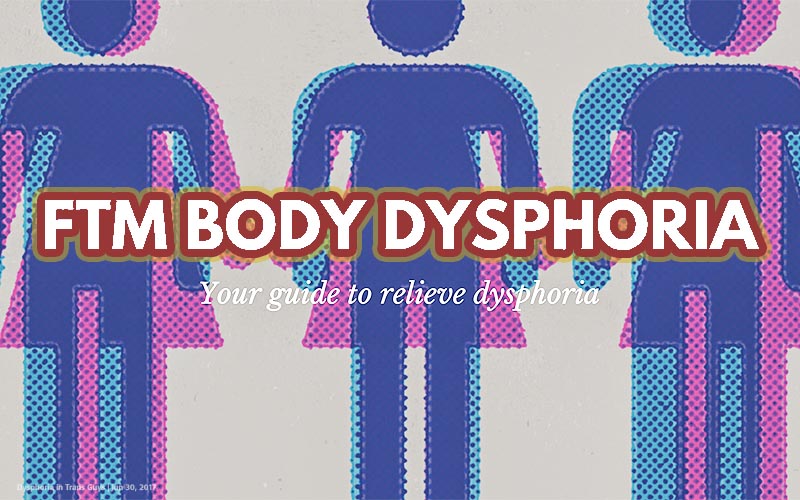
However, your environment and persistent myths may still prolong your gender dysphoria. However, you can work through your gender dysphoria through affirming healthcare professional help.
2. Barriers to Medical Transition
Some medical barriers to medical transition include;
● Economic hardship and poverty
Did you know that 1 in 3 Trans adults report having an income under $25,000, according to the Center for American Progress? This makes it hard for Trans men to access quality gender-affirming medical transition.

● Financial struggles
The masculinizing hormones, which include injectable testosterone, cost about $40 to $90 monthly, making them price-sensitive.
For instance, there is a lack of health insurance and money, especially for specific jobs. For example, low-paying jobs may lead to many Trans men lacking insurance coverage.
This also leads to an inability to afford transition-related care. These include hormone therapy and routine doctor appointments.
● Inaccessibility to data
The Annals of Family Medicine’s 2020 study asserts that 9% of Trans people obtain hormones from unlicensed sources.
These include family and non regulated online pharmacies to access gender-affirming healthcare hormones. This is because those self-administering gender-affirming drugs may find them regulated.
3. Healthcare Discrimination
The lack of knowledgeable providers in trans-medical care is a recurrent pattern. Few physicians have the requisite knowledge and comfort level to handle trans-medical transitions. This is because conventional medical curricula do not cover trans-medical care.

Lack of access to gender-affirming care is a discriminatory act. It mostly stems from a lack of cultural competence. For instance, some Trans men report being denied medical care due to physician discrimination.
For example, one study cites how medical students have less comfort when providing hormone care for Trans adults compared to delivering the same hormone to other patients.
Feelings of Isolation and Marginalization
As a Trans man who seeks to be validated in your experience, you are likely to experience;
Social isolation is the feeling of being left out. This is due to bullying. Further, here you may experience being ousted for being Trans. People can bully you by yelling your dead name, which can be devastating.

The invisibility of Trans Men in the mainstream media and LGBTQ discourse. This is likely to lead to downplaying Trans man experiences as there are few Trans men to voice Trans everyday struggles.
Romantic challenges where you are likely to be fetishized, misunderstood and rejected for your gender identity. In this case, cishet girls may not lean into your romantic gestures.
Violence and Safety Concerns
As a Trans man, you will face violence and safety concerns. These range from discriminatory violence to violence on your mental health.
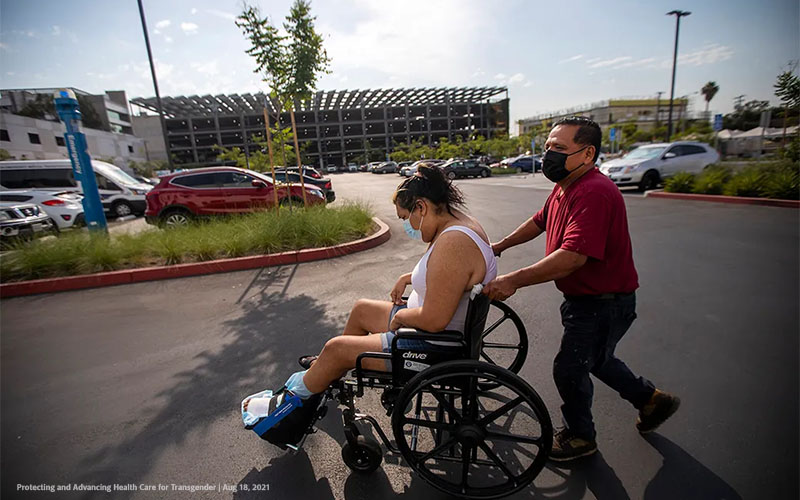
1. Discrimination and violence
Trans men report facing verbal violence, such as harassment. Verbal violence, such as ridiculing a Trans man’s body is common. Also using offensive pronouns is not uncommon.
● Sexual violence
Did you know that Trans people experience intimate partner violence? The National Domestic Violence Hotline reports that Trans men experience sexual abuse. This is higher than the average for LGBTQ survivors.
● Physical violence
Data suggests that Trans men and Trans women have higher rates of being victims of violent crimes. Such crimes include murders and physical abuse. All these categories of violence lend credence to Trans Men being unsafe in their everyday lives.
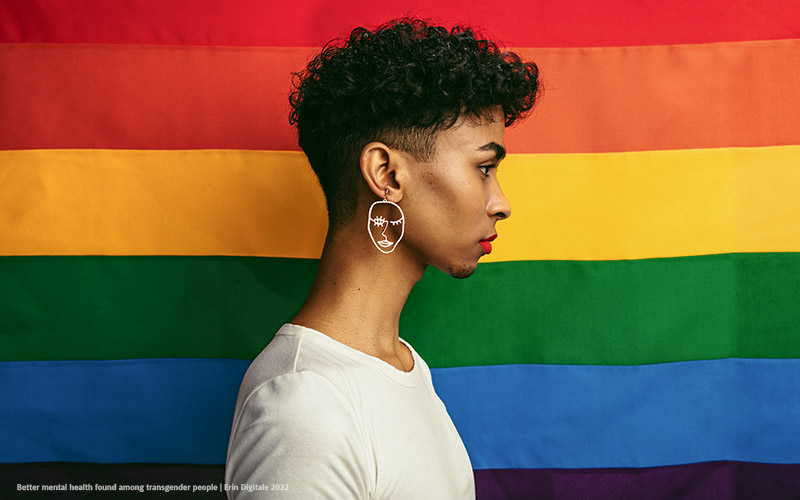
2. Impact on Mental Health
The fear of concern about your physical safety may wreak havoc on your mental health. Living in constant fear for your physical safety may lead to anxiety. In extreme cases, it may lead to depression and PTSD.
This is especially true for Trans men who have to hold in pee until they get home because if they go to the men’s bathroom, they are likely to be harassed.
3. Need for Protective Policies
These are policies meant to protect Trans men from violence and discrimination.
Gender-neutral bathroom bills will help protect trans men when using men’s bathrooms. State and local laws should also protect you when using rest and locker rooms. For instance, states such as Oregon provide gender-identity-appropriate restrooms in public spaces.
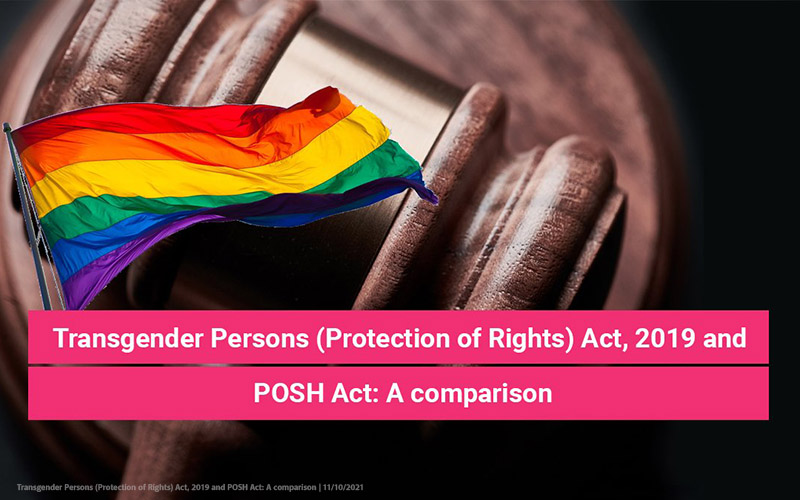
Gender discrimination policies in the workplace and schools can also be vital in protecting Trans men.
Anti-bullying policies to protect Trans men from bullies and violent offenders should be in public spaces.
Freedom to contact federal institutions such as ACLU LGBT when your rights are violated.
7. Coping Mechanism: Humor and Resilience
Coping with the challenges that you face as a Trans man entails;
1. Humor as a Coping Mechanism
Finding humor in everyday challenges can help you develop resilience. For example, you find humor in the little growing hairs after HRT can relieve stress. Find humor and reframe the energy. From it you gear some positive energy into you. This will build your resilience effectively.

2. Building Resilience
Learning that the world may not fully accept you can be a pathway to resilience as a trans man. You will be resilient knowing that even if you identified as others liked, many would still not like you. Being and owning you is the biggest resilient hack out there, dear trans man.
3. The Importance of Community Support
Community support provides a sense of belonging. Being part of an online trans community can be a great way to release stress. It also helps with dealing with community backlash.
You are also likely to find Trans male mentors in your community. These are Trans men who have undergone some of the same or close to similar experiences as you have as a Trans man.
The guidance you will receive from a mentor can be heartwarming. This counts especially if you have no one to whom you can turn.
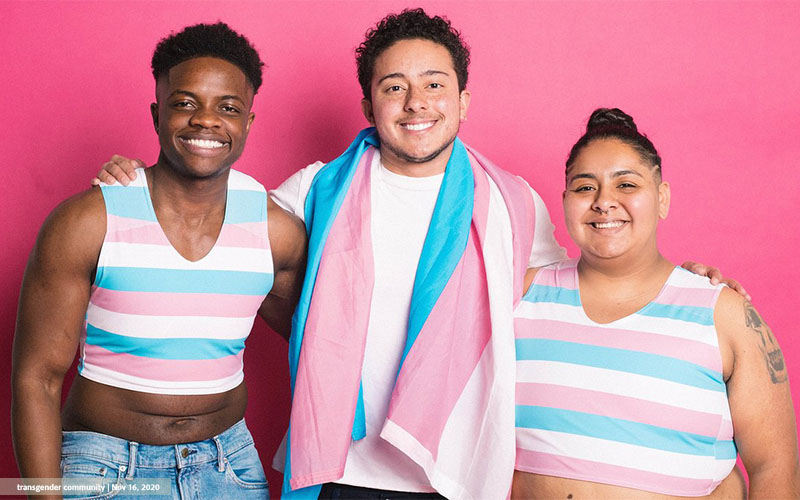
Communities will help you assert and own your identity, reminding you that you matter and exist.
Ongoing struggles with Gender and Identity
Some ongoing struggles with gender and identity include;
Internalized struggles in which, even after transitioning, one may not feel fully complete in one’s body. This is a common occurrence.
For instance, many Trans men on Quora state how being chastised for using the male bathroom can be overwhelming.
1. Health Risks from Binding and Delayed Transition
Binding in which Trans men use gender-affirming products such as binders to masculinize the chest area is a blessing. However, when one binds for too long, it can cause body damage and irritation.
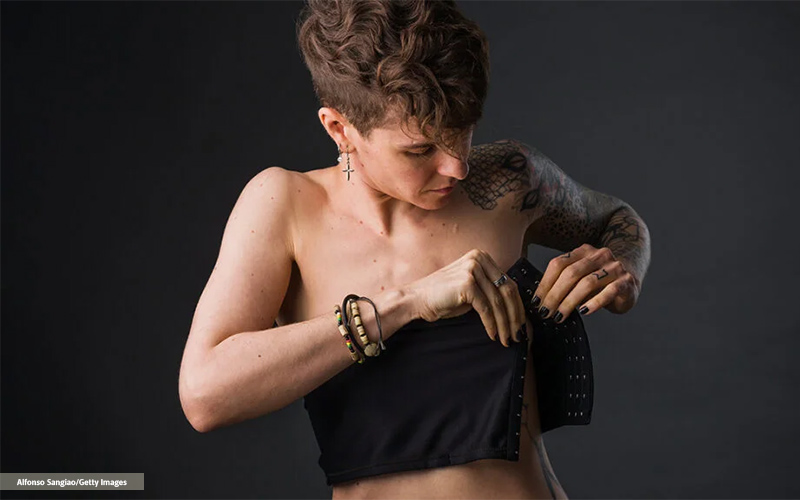
Other times, the quality of the binding material can also cause skin irritation. This ends up making your gender-affirming journey difficult.
Also, financial struggles may lead to delayed transition. These may worsen your gender euphoria. Delayed transition, social or legal, may also lead you to feel like you ‘do not pass.’ This can be a source of mental health risk for many Trans men.
2. Mental Health Support
Mental health support is crucial in helping Trans men navigate dysphoria, isolation and depression. Therapy talk, for instance, can help Trans men navigate emotions.
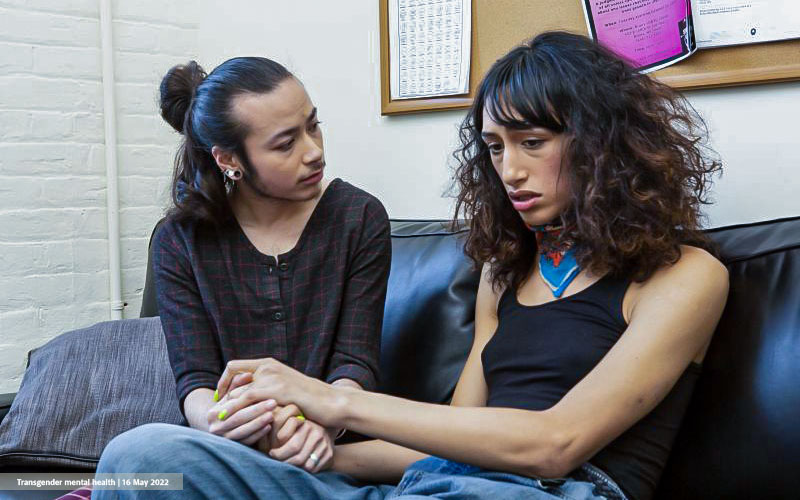
Part of this entails dealing with feelings that come with feeling inadequate. Personalized Therapy also offers different ways to frame your narratives about being Trans.
Conclusion
As a Trans man, your joy and pain are as valid as everyone else. Experiencing gender dysphoria and rejection at a young age is not a palatable experience.
However, owning these hurdles by embracing transitioning, finding your tribe and developing resilience of who you are at your core makes you your number one advocate. No one may know what it’s like to be you, but your experience is valid.

 Basic Packers
Basic Packers Pack & Play
Pack & Play STP
STP
